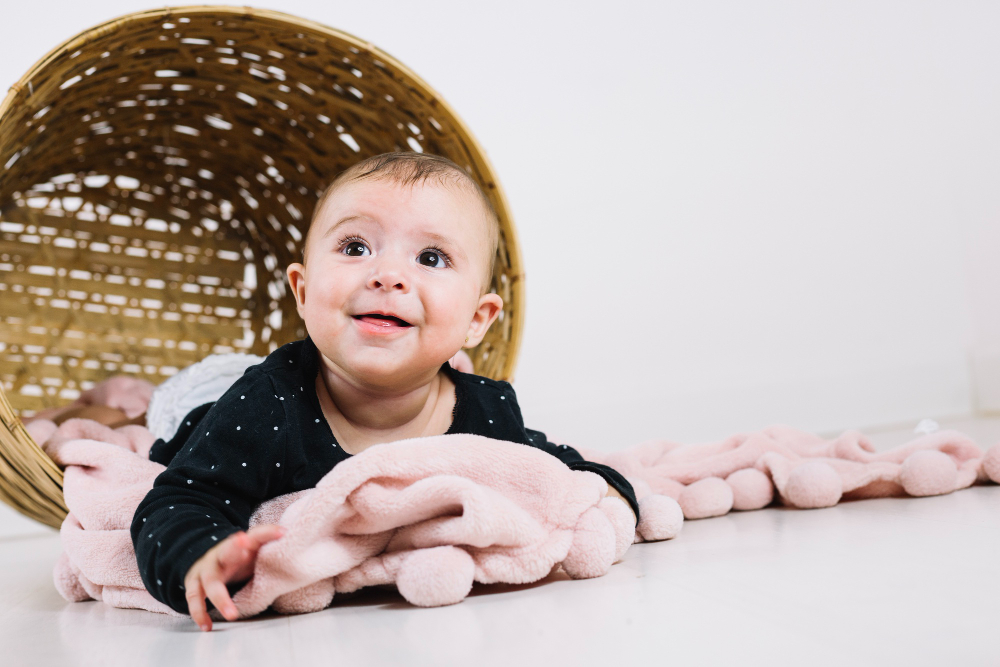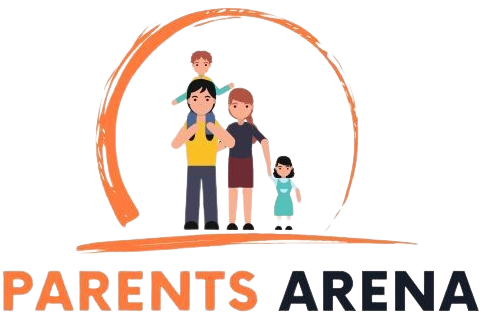babies start babbling

Is There a Specific Age When Babies Start Babbling?
As parents, we eagerly anticipate each milestone in our baby’s development, from that first heartwarming smile to those wobbly first steps. One of the most exciting early milestones in a journey to becoming a little chatterbox is when babies start babbling. It’s a magical moment that marks the beginning of their communication skills and offers a glimpse into the fascinating world of language development. In this article, we’ll delve into baby babbling, exploring when and why babies start babbling.
When Do Babies Start Babbling?
Babies are exceptional, and their developmental milestones can vary widely from one infant to another. However, when it comes to babbling, there is a general timeline that most babies follow.
Around 6 Months
The journey into the world of babbling age typically begins around 6 months. At this stage, you may notice your baby producing repetitive sounds like “ba-ba,” “ma-ma,” or “da-da.” These sounds are often a result of your baby experimenting with their vocal cords and mouth muscles.
7 to 11 Months
As your baby grows, so does their babbling repertoire. Between 7 and 11 months, you can expect to hear more complex and varied sounds. Babbling becomes more intentional and might even include sounds from different languages, reflecting the remarkable ability of babies to mimic the sounds they hear around them.
12 Months and Beyond
By the time your baby reaches their first birthday, their babbling should have transformed into something that more closely resembles speech. They may be able to produce a few simple words like “mama” or “dada” with intent, although these early words might not always be used correctly in context.
Why Do Babies Start Babbling?
Babbling is a crucial step in a baby’s journey toward language development, and it serves several important purposes:
Exploration
Babbling allows babies to explore the range of sounds their vocal cords can produce. It’s their way of experimenting with their voice, similar to how they explore the world through touch and taste.
Communication
While early babbling may not convey specific meanings, it’s a form of communication nonetheless. Babies use babbling to get your attention, express excitement, or simply engage with you and the world around them.
Language Development
Babbling is the foundation upon which language skills are built. It helps babies learn the rhythm and intonation of their native language. They also learn to associate specific sounds with objects, actions, or people, laying the groundwork for future language acquisition.
Social Interaction
Babbling is not just about making noise; it’s a way for babies to interact socially. When you respond to their babbling with smiles, words, or gestures, you reinforce their understanding that their sounds can impact their environment.
When babies start babbling it’s a remarkable and essential step in a baby’s journey toward language development. While each baby’s timeline may differ, most will begin to babble around 6 months of age, gradually evolving into more sophisticated forms of communication as they grow. As parents, we can foster this development by providing a supportive and engaging environment that encourages our little ones to explore the world of language. So, cherish those early babbling moments, for they are the building blocks of beautiful conversations.
